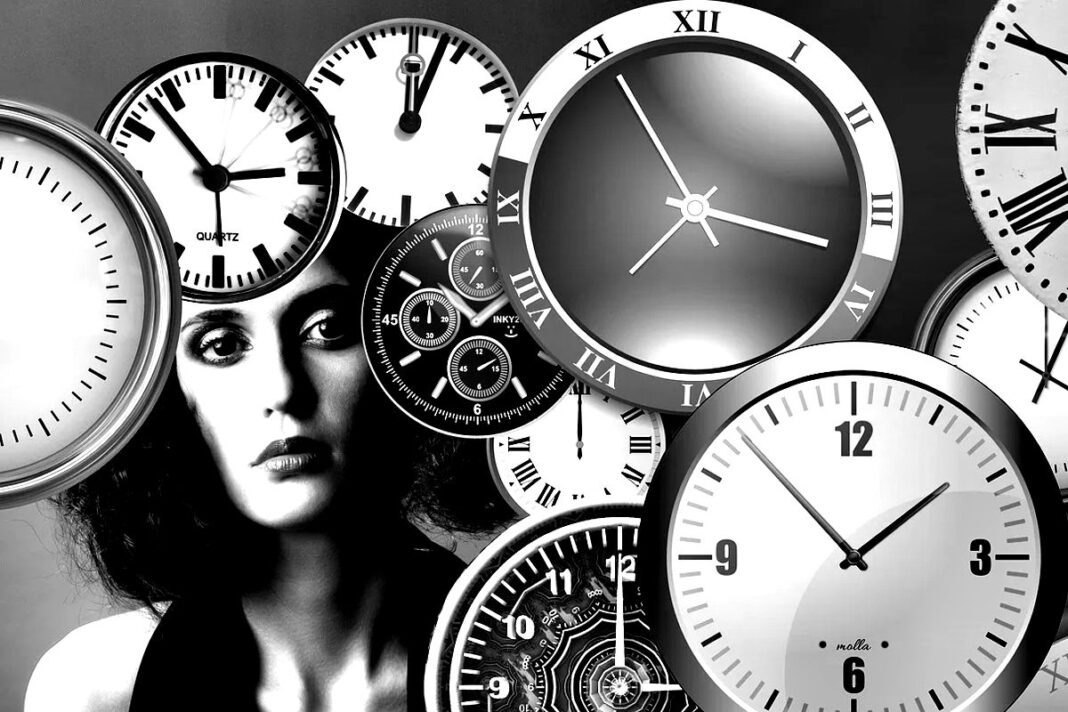What time you tend to want to eat is influenced by genetics, but there are ways you can work with it.
That late-night snack you caved in to could be disrupting your body’s natural rhythms and silently nudging up your blood sugar, waistline, and diabetes risk.
A twin study found that even natural night owls experienced worse metabolic health when they ate most of their calories at a time that was late for their body clock.
Some people are hardwired to eat later, with up to 60 percent of the timing of eating shaped by genetics.
How Eating Late Disrupts Your Body Clock
A recent study, published in the journal eBioMedicine, found that eating most of your calories later relative to your circadian rhythm is associated with signs of insulin resistance, which may increase the risk of Type 2 diabetes over time.
The study analyzed data from 46 pairs of identical and fraternal twins. Researchers determined each participant’s chronotype —whether they were night owls or early birds—via a questionnaire. Whether someone was considered an early or late riser was based on their sleep midpoint—the halfway point between when they fall asleep and when they wake up on non-workdays. Early types had a sleep midpoint before 4 a.m., intermediate types between 4 a.m. and 4:59 a.m., and late types at 5 a.m. or later.Researchers considered someone to be eating late if they ate half of their calories later than 10 to 11 hours before their sleep midpoint.
For example, someone who sleeps at midnight and wakes up at 8 a.m. has a sleep midpoint of 4 a.m. This person should have eaten half of their daily calories by 5 p.m., approximately seven hours before bedtime.
Someone who sleeps at 9 p.m. and wakes up at 6 a.m. has a sleep midpoint of 1:30 a.m. This person should have eaten half of their daily calories by 2:30 p.m., also about 6.5 hours before bedtime, to stay in sync with their circadian rhythm.
Eating later than your circadian cycle was linked to lower insulin sensitivity and higher fasting insulin levels, regardless of age, sex, calorie intake, or sleep duration, researchers found. It was also associated with a greater risk of weight gain and obesity. Those who ate most of their calories earlier in the day had better metabolic outcomes and consumed fewer total calories.
While the association was weak, the study also found that night owls were more likely to eat a larger share of their daily calories later in their circadian cycle.
Eating frequency may also influence metabolic health. People with longer eating windows tended to eat more total calories and snack more often, even though individual meals—especially breakfast and dinner—were smaller. More frequent eating was also linked to a larger waist circumference, independent of calorie intake and other factors.








